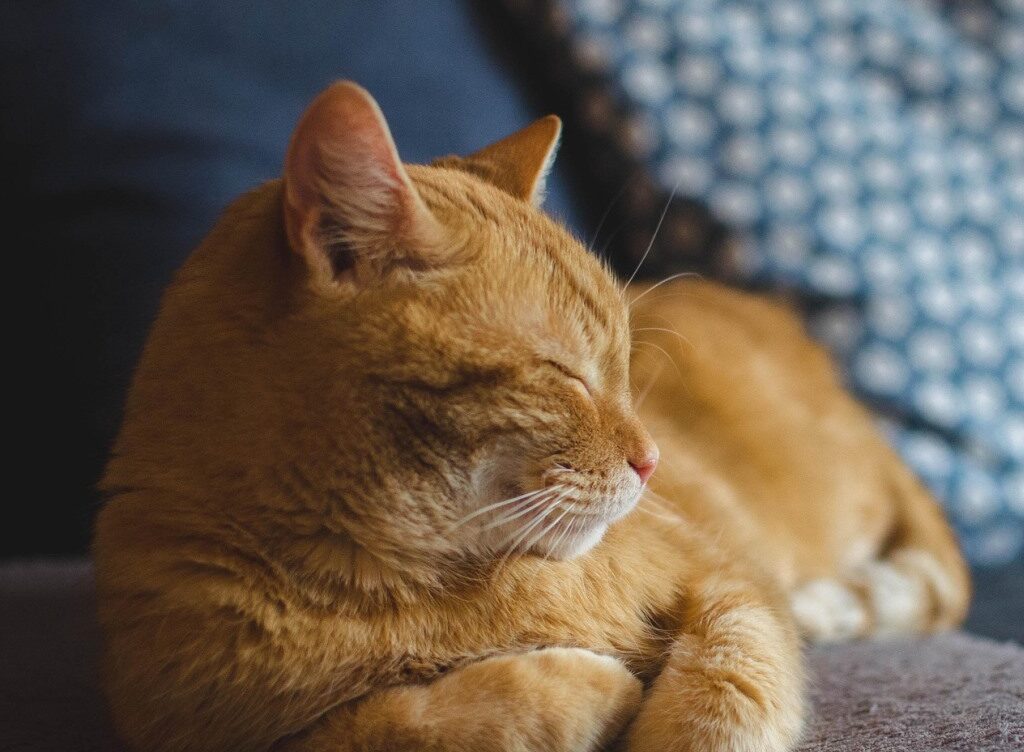
When to Be Concerned if Your Cat Stops Eating, According to a Veterinarian
How long is too long for a cat to go without eating? The answer: not long at all. While skipping a meal here and there might not be unusual—especially for picky eaters—going more than 24 hours without food is a red flag that something is wrong.
If your cat hasn’t eaten in 48 hours, the situation becomes critical. If your regular veterinarian can’t see your cat for several days, insist that this is an urgent matter or seek immediate care at an emergency veterinary clinic.
Why Is a Cat Not Eating So Dangerous?
Unlike humans and dogs, who can tolerate fasting, cats are not built to go long periods without food. In the wild, felines consume multiple small meals daily—anywhere from 8 to 16 feedings. Their bodies depend on a steady intake of food and hydration to function properly.
If a cat stops eating, several serious health risks can develop very quickly.
1. Dehydration
Cats rely on their food for hydration, especially if they eat moist or canned food rather than dry kibble. Wet food not only provides hydration but also helps cats maintain a leaner and healthier body weight compared to ultra-processed dry food, which often contains artificial flavor enhancers.
When a cat stops eating, dehydration sets in fast, potentially leading to acute kidney failure and other life-threatening conditions.
???? Tip: If your cat refuses food, check if they are still drinking water. However, even if they are drinking, prolonged lack of food can still cause severe issues.
2. Hepatic Lipidosis (Fatty Liver Disease)
Obese cats are particularly vulnerable to fatty liver disease, a life-threatening condition that can develop within just 48 hours of not eating.
If a cat goes three or more days without food, they often require hospitalization, IV fluids, and a feeding tube to recover. Even with aggressive treatment, about 10% of affected cats don’t survive.
The takeaway? Don’t wait—seek veterinary care as soon as your cat refuses food for an extended period.
3. Weakened Immune System
A cat that isn’t eating is also at risk of immune system failure. Research in human medicine has shown that dehydration impairs several immune functions, and the same applies to cats.
If your cat is already sick or fighting an infection, refusing food will weaken their immune defenses, making recovery much harder.
4. Depression and Mental Health Decline
For some cats, lack of appetite is a symptom of depression. On the other hand, not eating can also cause depression—creating a cycle that makes recovery even more difficult.
Cats can stop eating due to:
- Emotional stress (a new pet, a recent move, or the loss of a companion)
- Medical issues (illness, pain, or side effects from medication)
- Unknown causes (sometimes, the reason remains a mystery)
Regardless of the underlying cause, prolonged fasting can lead to both mental and physical decline, making early intervention critical.
When to Seek Veterinary Care
???? Take action immediately if your cat:
✔ Hasn’t eaten for more than 24 hours
✔ Shows signs of dehydration, lethargy, or weight loss
✔ Is displaying behavioral changes or signs of distress
???? If your regular vet can’t see you soon, visit an emergency clinic instead. Early treatment can save your cat’s life.
